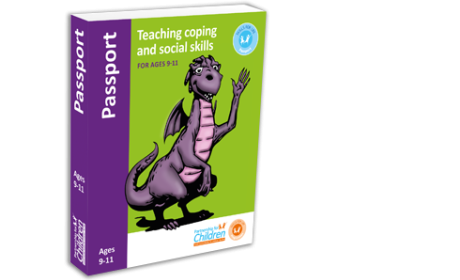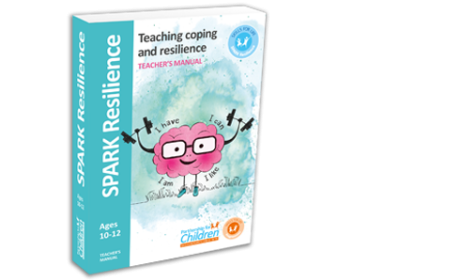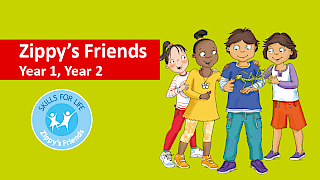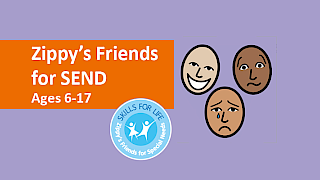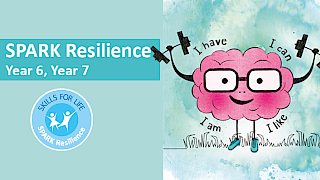Research and Evaluations
Since 2010, the Skills for Life programmes have been regularly and rigorously evaluated by independent researchers and universities through comparative and randomized controlled studies designed to measure the impact of the program on children’s behaviour and social and emotional skills.
This research has been conducted across 6 different countries including the United Kingdom, Canada, Ireland, Norway, Czech Republic and The Netherlands. Our evidence base means we have been recognised by many organisations, included on databases and cited in many reports.
Evidence of impact
The results from the evaluation studies have been remarkably consistent, and have shown:

Better social skills

Reduced bullying

Improved group climate

Increased emotional literacy
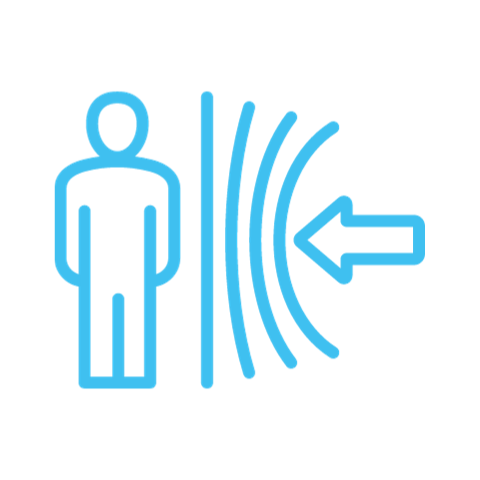
Increased coping skills and resilience
Research summaries
Read about the evidence base for the Skills for Life programmes:
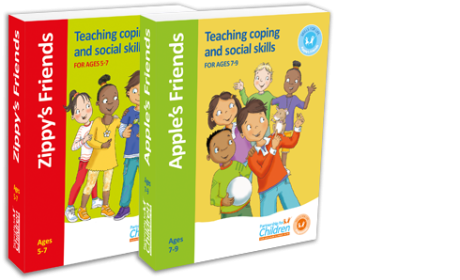
Zippy's Friends and Apple's Friends
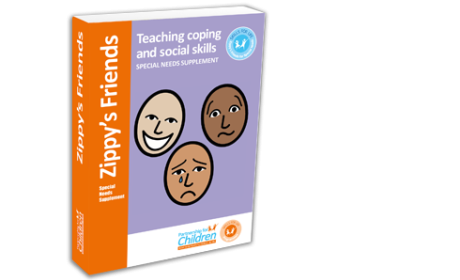
Zippy's Friends for Pupils with SEND
Current and future research projects
We are delighted that the Skills for Life programmes are currently involved in the following UK research projects:

- The University of Birmingham, funded by the National Institute for Health Research are carrying out a randomised feasibility study of Zippy’s Friends for children with intellectual disabilities. A randomised feasibility study of a school-based emotional literacy programme (Zippy's Friends) for children with intellectual disabilities - NIHR Funding and Awards

- The University of Manchester, funded by The Kavli Trust are currently carrying out a major trial of Passport with 60 primary schools: Study to examine effects of children’s life skills programme (manchester.ac.uk)
The study is called Passport to Success. You can find out more information here.
